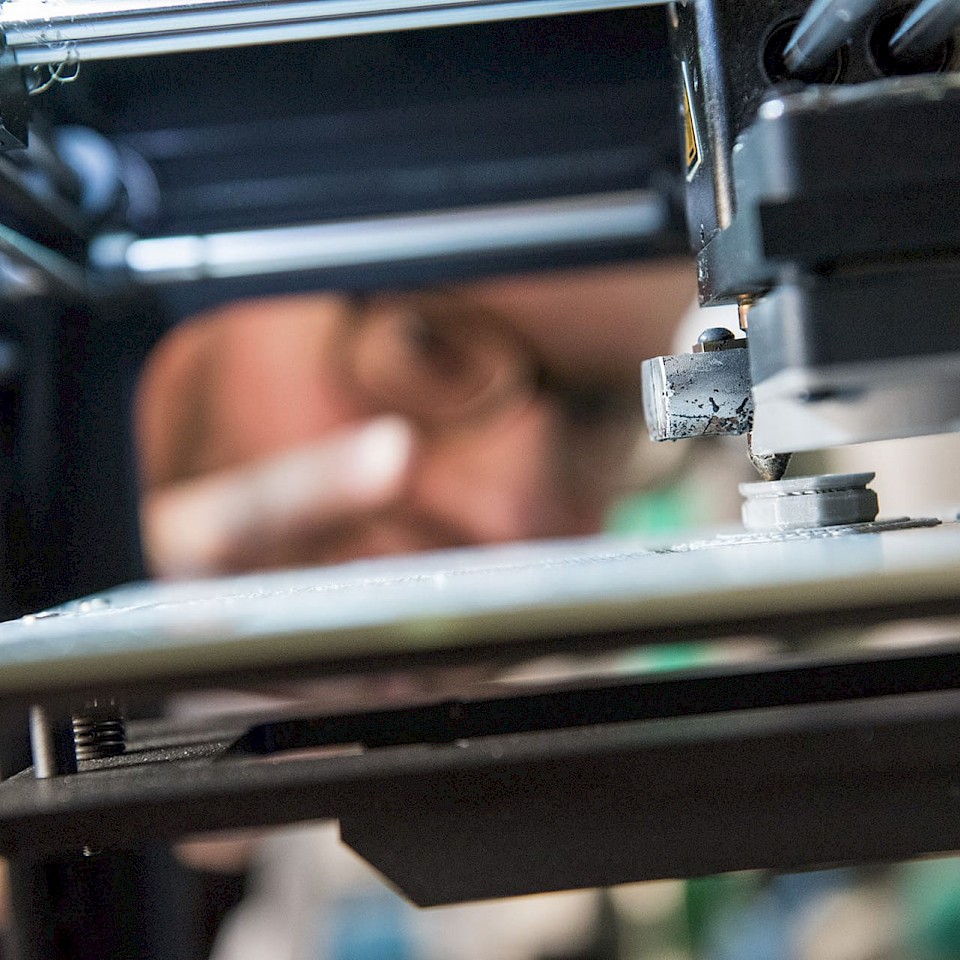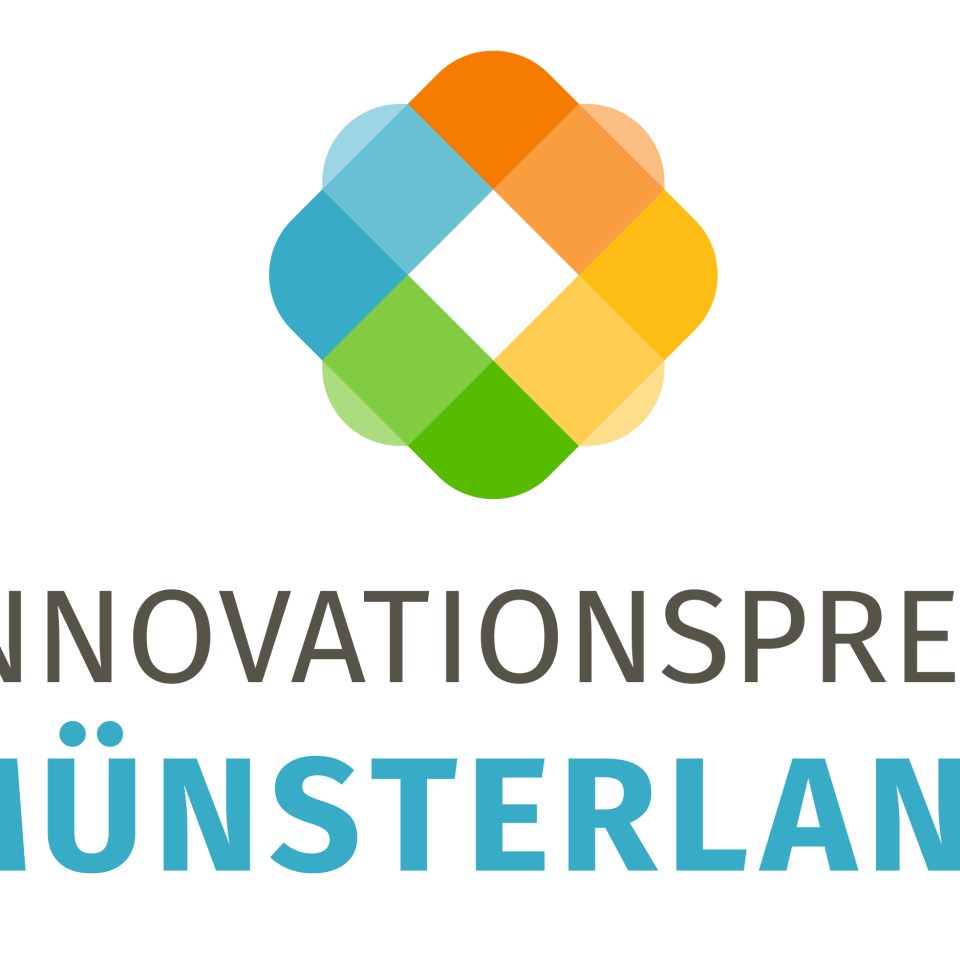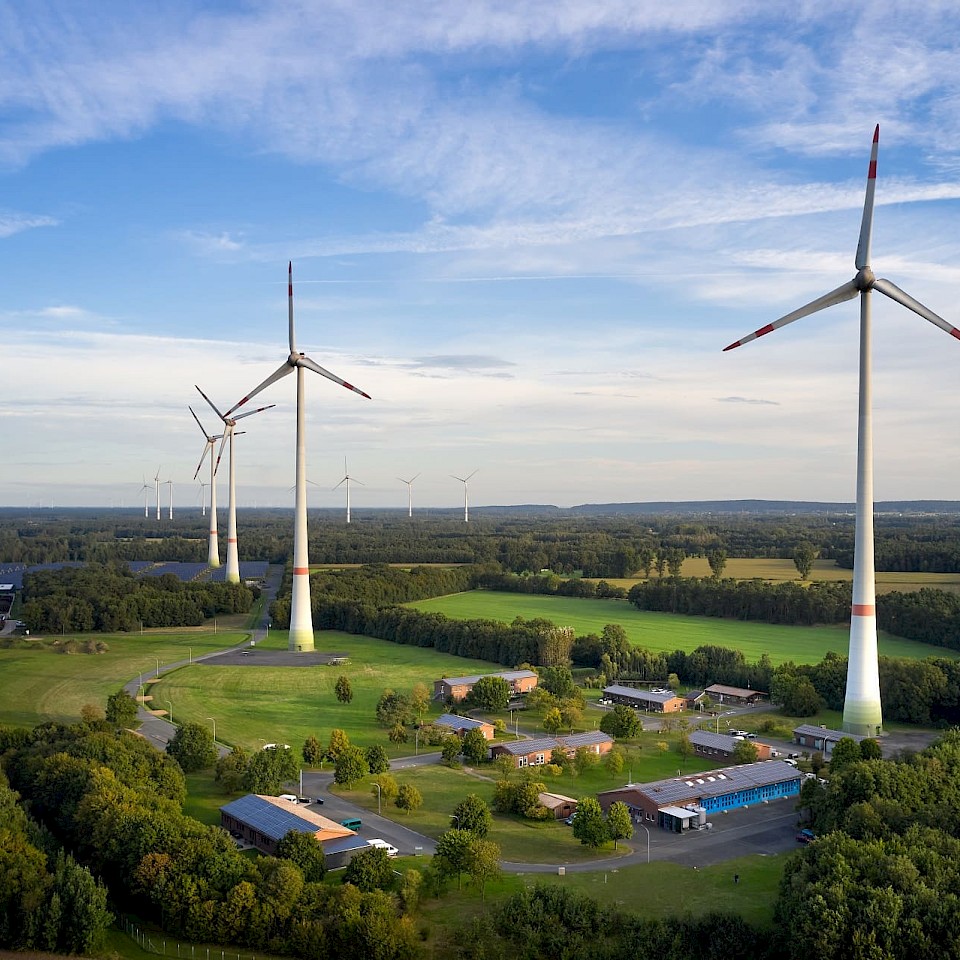Digitally detect foreign objects in food
Cooperation partners: CLK GmbH and FH Münster
When foreign bodies end up in food during production, manufacturers incur high costs and reputational damage. To prevent this, CLK GmbH developed the "Multi-Check" in cooperation with Münster University of Applied Sciences. With this, foreign bodies made of plastic or other materials can be detected at an early stage.
Find out more about the innovation from Münsterland on this page.
CLK GmbH, Altenberge
CLK GmbH from Altenberge has been a provider of high-quality solutions in industrial image processing and flexible robotics since 1996. The company develops, produces and sells non-contact quality control and positioning systems for a wide range of applications, primarily in the food industry.
Münster University of Applied Sciences, Steinfurt
Around 15,000 students study at Münster University of Applied Sciences at the Münster and Steinfurt campuses. The Department of Electrical Engineering and Computer Science at the Steinfurt campus offers various Bachelor's and Master's degree programmes and works closely with companies from the region.
Challenge: Detecting foreign bodies at an early stage
Foreign bodies such as plastic splinters must not get into food. If they do end up in food during production, manufacturers must take back or recall their contaminated products. CLK GmbH, as a specialist in industrial image processing, has developed an optical system for foreign object detection, the "MultiCheck", with the support of Prof. Dr. Jürgen te Vrugt from the Department of Electrical Engineering and Computer Science at Münster University of Applied Sciences. In contrast to X-ray and metal detection methods, MultiCheck recognises contaminants by their colour. In principle, control parameters such as shape and size are also conceivable. This makes the system a compelling complement to the other two concepts for foreign object detection, because no system alone, certainly not a visual check by employees, can offer 100% safety.
Solution approach: The MultiCheck

© CLK GmbH
The technology works as follows: As soon as the scale drops a quantity of product, the MultiCheck receives a signal that triggers the recording of a sequence of images. Several cameras take pictures simultaneously from different positions. If the system finds a foreign body made of plastic and other materials in the product stream based on its colour, it generates a signal to stop the line or optionally to eject the affected portions. There is now a patent on this system.
Success: 100 percent detection rate

© CLK GmbH
The "MultiCheck" reliably identifies foreign bodies made of plastic and other materials with a detection rate of almost 100 per cent. Existing multihead weighers in production can be easily retrofitted with the "MultiCheck". It also functions reliably in the event of product changes. With the help of the information on the number and type of foreign objects detected, food manufacturers are able to identify faulty processes in production. In this way, the MultiCheck additionally contributes to improving the competitiveness of the companies. In the meantime, a patent has been granted for the "MulitCheck".
Video | Münsterland Innovation Award 21/22
As a regional joint initiative, Enabling Networks Münsterland supports companies and universities in the Münsterland region in developing innovations, implementing them and finding the right partners for the project. In order to show how innovative and at the same time cooperative Münsterland already is, the project also went in search of innovative cooperation projects from the region. The results are presented on this page. The Enabling Networks Münsterland project is funded by the European Union and the NRW Ministry of Economics as part of the ERDF call "Regio.NRW".











